One adult adoptee writes about finding a new identity through the birth of his daughter.
by Steve Kalb, Director of Adoptee Services
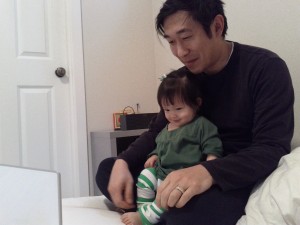
It’s 1 a.m., May 5, 1978. A young couple sets forth from their small farm in Iowa to make a 4-hour drive to the Minneapolis-St. Paul International Airport. This is the day they’ll finally hold their baby boy. Unsure of his tastes, they packed the diaper bag with a bottle of water and a baggie of Cheerios. Surely his little stomach will be able to handle such benign snacks. Nervous, anxious, and probably a little scared, they sit at the gate, wondering if each incoming airplane holds their precious cargo. They’re not alone. There are other couples, too, just like them, waiting in suspense to meet their baby. As the announcement is heard over the airport intercom, a woman gathers the parents-to-be and prepares them for what’s about to happen next. Slowly, passengers start trickling out of the jet way while the eager group shifts from side to side in hopes of catching an early glimpse of their baby. At last, a middle aged Korean woman holding a tiny baby boy is directed to the young couple. As she approaches, the young couple’s gaze focuses like a laser on the little boy she carries. The surroundings fade away, time seems to slow, and the hectic sounds of Terminal A go quiet as the woman approaches. Suddenly, as if awakened from a dream, the ambient sounds return as the Korean woman gently hands the baby to his new mother. The Korean woman softly assures the baby in his native tongue, then peacefully pats his head and walks away. Mom is crying now, overwhelmed with emotion as she rhythmically sways back and forth comforting her new child, while Dad stands beside her gazing at his new son.
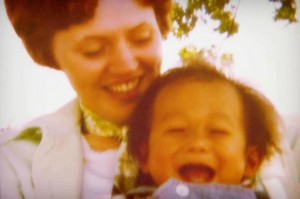
This is the story, more or less, I was often told before bedtime when I was a child. Regardless of how many times I heard it before, I was always excited to hear it again. They told me I didn’t cry until we were close to home some four hours later. I just sat there with a stoic expression, probably in shock, wondering who these people were, why everyone was speaking a different language, and where they got those delicious “o” shaped snacks. I was Mom and Dad’s first child, but they were not my first parents. If you count the middle aged Korean woman who escorted me from Seoul, I was in the loving arms of four sets of caregivers before hunkering down in Iowa, all before I was 16 months old.
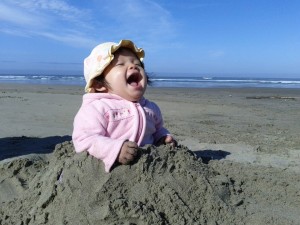
My story isn’t terribly unique. I was abandoned a few months after my birth in Jeonju. Police took me to an orphanage named Bisabel Baby Home, where I stayed until an appropriate foster home could be found. A few weeks later, I moved in with a foster family in Seoul where I remained until a serendipitous intervention moved me one last time to a farm in Iowa. Growing up, Mom and Dad weren’t afraid to talk about Korea or my past; they simply told me what they knew in casual conversation. As devout Catholics, I remember stating that I had three moms: Korea Mom, Mom, and the Mother Mary. It seemed the parochial school had paid off. But even though there was open dialogue in my house about birth family, I never felt compelled to learn about my roots. While so many adoptees struggle with not knowing who they came from, I lived peacefully in my blissful unknowing of biological ties. Maybe it was Mom and Dad’s openness about adoption, or the strong family unit I felt connected to, or maybe I just didn’t care. In any case, birth family rarely, if ever, entered my mind.
Fast forward to February 16, 2012. I’m a 35-year-old Iowa farm boy, married to a small town Iowa girl, working at the adoption agency that brought me home a generation ago. At 12:25 pm PST, my daughter was born. There she lay; my only biological connection in this world.
It was a surreal moment. Meeting birth family had always been a hypothetical, after all. The few times I did imagine it, it was an old Korean woman embracing me in her arms, or a young man who looked eerily familiar shaking my hand. As my mind refocused, I felt like the child I was 34 years earlier, sitting in a strange place with people who loved me; confused, trying to understand how I fit into the family. Somehow, my daughter’s birth validated my existence, like I was a ghost that suddenly materialized when I looked into her eyes. In that moment, my life had a clarity that hadn’t existed before. A fuzziness that never bothered me suddenly came into focus because of my daughter. And then, a sense of security draped over me like a warm blanket that calmed my nerves and slowed my racing mind. A tiny reflection of me asleep in her mother’s arms brought me peace.
It was only through the following year did it all start to make sense. The smiles, giggles, and frowns flashed familiar images that comforted the soul before vanishing into the ether. We saw her mom when she’d grin, my sister-in-law in her sly smile, old photos of my childhood in her somber moods, my wife’s grandma when she’d purse her lips. Then it hit me. The warm sense of security I felt on the day she was born wasn’t because I finally had someone who looked like me; it was because I finally had someone who looks like my family. Perhaps my birth mother in her furrowed brow, my birth father in an expression of shock, aunts, uncles, siblings, grandparents — I suddenly realized I had been looking at my birth family every day when my daughter looked back at me. I’m still sorting out how or why this is so significant to me when birth family rarely entered my mind, but my daughter represents a clear window into my past that will certainly affect my future.
I’ve reflected on life a lot since she’s been born. It’s brought new emotions and questions to the surface that I never knew existed. Or maybe I knew they were there all along and just didn’t want to see them. I’m not sure. What I am sure of is the new identity that’s been created through this process. While its evolution is unclear, there’s a substance to my being that wasn’t there before. Discovering what it means will take time and there will be new questions as each phase of my life progresses. Such is life for anyone, but I feel adoptees have a steeper challenge. We have to reconcile the seemingly impossible collision of worlds that occur each time our parents tell us they love us, or a reflection in the mirror that doesn’t match our identity, or seeing mom and dad hold their new granddaughter for the first time.
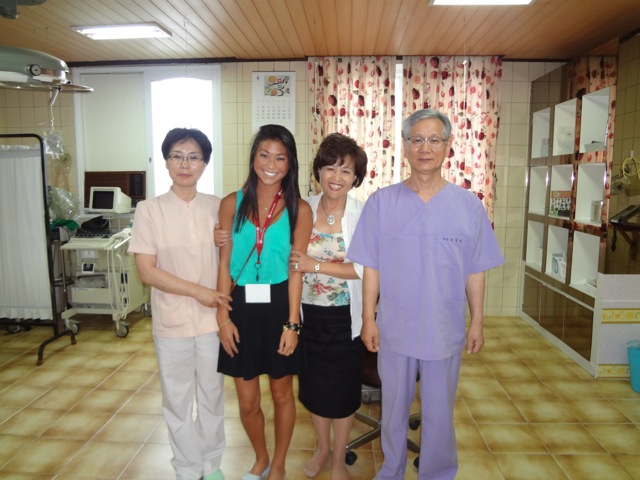
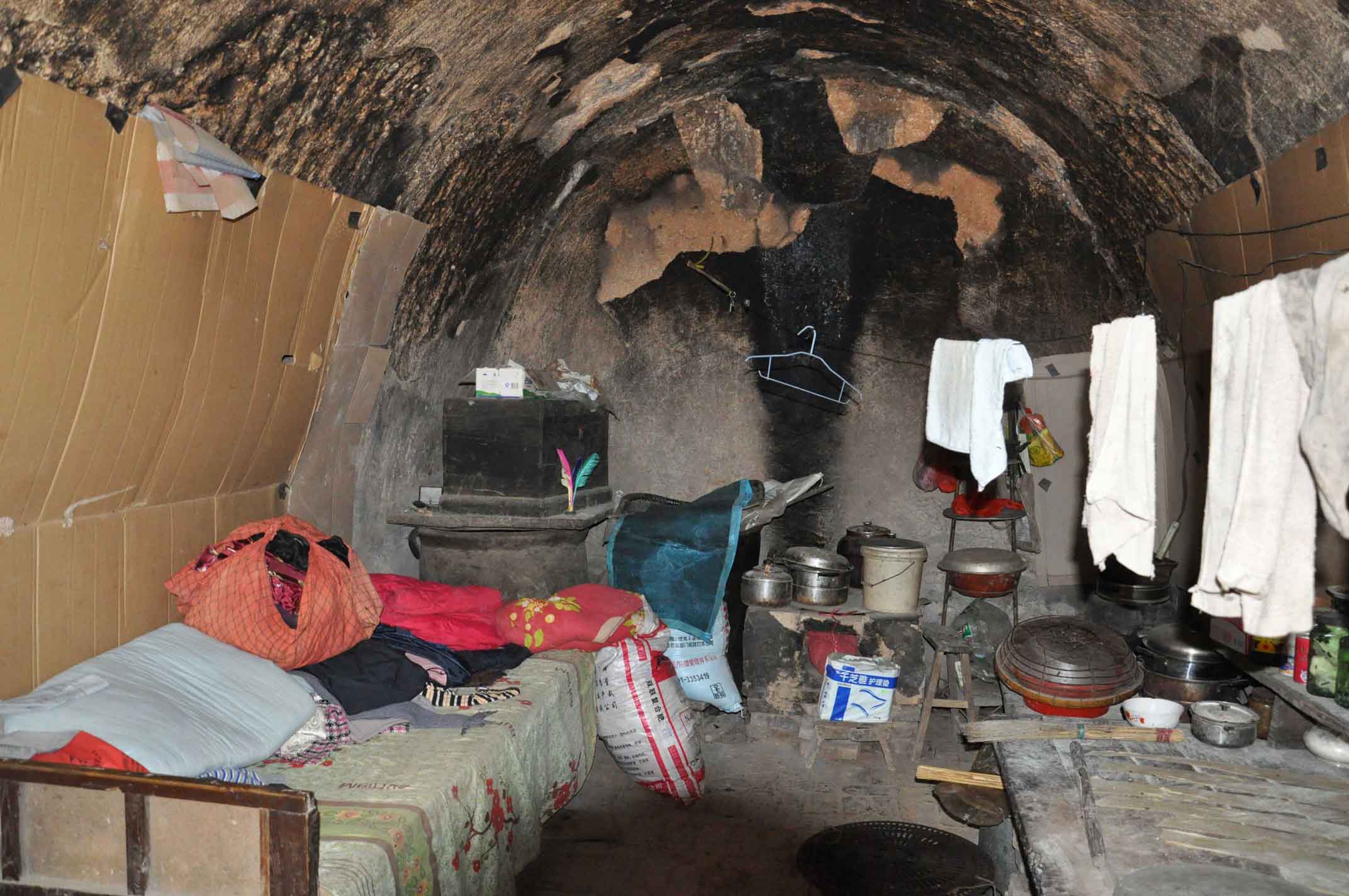
Thank you Steve, for sharing this.
Wow, what a wonderful way to connect. Like you, I have been so blessed with my adoptive family that my birth family has not been something that I had to know. I will now look at my Son and his sons differently and know that GOD opened this door for me.
Steve,
What a heartfelt account of your own emotions about your birth family. I often wonder about my 7 yo old daughter and what I can do to help her. I know that like your parents, the answer is love as there is nothing I can do to fill the void of “knowing”… She has been asking many questions about her family, like your parents we also answer them all honestly with age appropriate understanding. I know God put her in our lives as she is the most amazing gift! Your honesty about your evolution being unclear shows amazing insight. Thank you so much for sharing. God’s speed Steve, Barbara
What an incredibly touching, heartfelt and powerful piece! Thank you so much for writing it and for sharing these emotions with us. I often have thought about what emotions are ahead someday for my daughter, who was adopted by my husband and me from China when she was a baby, when she becomes a mom someday. A friend of mine joined her family via adoption in the 1970s, too, and like you, felt a powerful connection of family ties when she gave birth.
Once again, thank you for sharing this.
That was one of the most beautiful things I have ever read. I am a mom to a Korean son who is 24, it means so much to me to hear your perspective. You have given me a gift,thank you so much!
Hi Steve,
As a fellow adult adoptee now with 2 biological children of my own (6.5) and (5) your blog entry beautifully encapsulated how I felt when they were born and feel every day when I look at them.
It has been a profound experience for me to have 2 little people who look like me-they are my only biological connection in this world and I am still only beginning to understand and appreciate how unique it is as a Korean adoptee.
Many thanks and all the best,
Suki Volk
Mom to Will and Matthew
WHAT A GREAT STORY I OFTEN WONDER WHAT IS GOING ON IN MY SONS HEAD HE IS ALSO AN ADOPTEE FROM SOULE TODAY IS HIS 12TH BIRTHDAY AND THE LIGHT OF ME AND MY HUSBANDS EYE WE TELL HIM THAT GOD MADE HIM FOR US AND THAT IS WHY HER IS HERE THANK YOU FOR YOU STORY.
Steve,
Thank you for sharing your heart. My sister is one of the people I am most fond of, and closest too. She is also an adoptee from Seoul thru Holt. She became part of our family as a baby over 40 years ago; the youngest addition to a family with 2 biological causcasian, children. We share the same upbringing yet a differing heritage. Your story helped me to see a glimpse of the perspective she has walked thru that I could not. I cannot thank you enough for putting words to something so important and precious. It brings joy to hear how life continues to be revealed beyond what we expect as we bring new life into the world. The testimony of Christ’s goodness prevails, proving evidence of His presence and signature of life both forward and backward in generations past, present and future. The link of family ties in the midst is an incredible gift. THANK YOU for sharing!!
Thanks for sharing this deeply felt perspective. I too have a daughter adopted from China and have always appreciated the shared wisdom and experience of Korean Adoptees who walked this path before us.
My daughter is 19 and although she’s been back to China twice, she says she has no interest in searching for birth family. We are very open in our house, and she tells me how difficult it is to have the only asian face in a large, white extended family. So while she claims to have no intention of getting married or having children, I can now see that there could be an added benefit to parenting biological children that neither or us had though about.
Thank you for sharing.